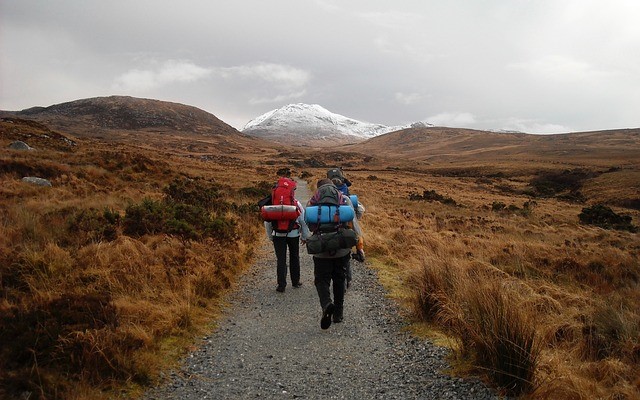Wilderness Therapy Benefits
By Melissa Squier
- 2 minutes read - 394 wordsConnecting with nature is widely recognized as a beneficial component of the recovery process due to its numerous healing properties. Engaging in outdoor activities such as walking, hiking, cycling, running, swimming, and seasonal sports offers significant advantages for those in recovery.
Being active in natural settings can help combat chronic diseases, alleviate stress and depression, accelerate healing, strengthen the immune system, and more. Emerging research is beginning to uncover the reasons behind these benefits: nature impacts us both mentally and physically, influencing us at a cellular level.
One of nature’s most extraordinary traits is its ability to heal itself. The remarkable intelligence behind nature’s self-regeneration in response to trauma highlights a broader evolutionary pattern of healing and recovery.
The concept of vis medicatrix naturae, which translates to “the healing power of nature” and is also known as natura medica, derives from the Greek phrase Νόσων φύσεις ἰητροί (“Nature is the physician of diseases”), attributed to Hippocrates.
Studies have identified six key components of nature-based therapy: stimulation, acceptance, purification, insight, recharging, and change. Participants in natural environments initially experience positive emotional shifts, which are followed by cognitive and behavioral changes.
Research is increasingly supporting the effectiveness of nature-based programs. For instance, a 2010 study published in the Journal of Therapeutic Schools and Programs by Ellen Behrens, PhD, and colleagues, examined large-scale, multi-center longitudinal studies. It found significant improvements in mood and behavior among youths in these programs, with continued benefits after returning home. Second Nature researchers observed notable gains in motivation, life skills, interpersonal relationships, hope, self-confidence, and emotional control among participants, as well as positive feedback from parents.
Mental health conditions pose a significant global challenge, and innovative interventions are needed to prevent and alleviate symptoms. Nature-based interventions (NBIs), which involve engaging with natural environments to improve health and well-being (e.g., nature walking groups), could be such an alternative. A study exploring the views of mental health clinicians on NBIs found that clinicians regarded time spent in nature as relaxing, refreshing, and therapeutic, often encouraging their consumers to take time in nature as well.
Clinicians noted several potential benefits of NBIs, including enhanced mood, relaxation, a sense of empowerment, and social connections. However, they also identified barriers such as clients’ mental health symptoms (e.g., anxiety, lack of motivation), skepticism, geographic accessibility, and organizational safety policies.
Find more information with the links below.
https://www.apa.org/monitor/2013/09/therapy-wild
https://www.ncbi.nlm.nih.gov/pmc/articles/PMC9244442/
